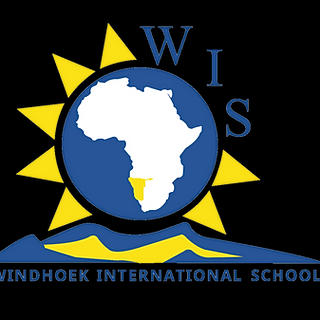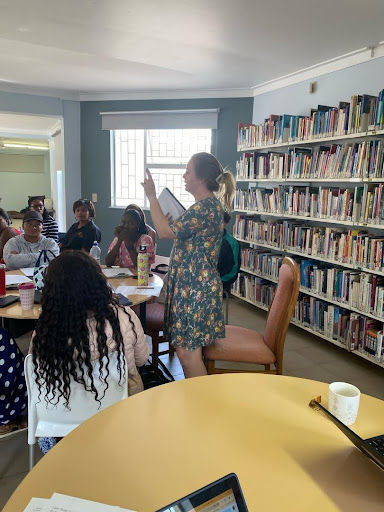Five ways to prevent vacation learning loss, and reflections of the year
- Windhoek International School
- Jun 16, 2023
- 4 min read

Dear WIS Community,
We’ve had a great school year, and over the next month we will have culminating events and farewells which are an important part of recognising all that has been accomplished and experienced together. So in the coming days, I hope that you will take time to build a RAFT (see the recommendation from Ruth Van Reken below). We all deserve some rest and recovery. But please don’t forget to establish positive routines for this holiday.
Research from the Brookings Institution shows that students oftentimes lose up to one month of learning during vacation times. Fortunately, there are some proven strategies that parents can rely upon to help their children stay on track:
Create a daily routine 15-30 minutes a day on mathematics and writing practice will go a long way towards consolidating and keeping skills gained this school year. A checklist with 15 minute school work requirements will go a long way. We are always a fan of intrinsic motivation, but logging reading, writing, music, and mathematic work –and rewarding your child for going above and beyond–will go a long way as well.
Do the math Research from Harvard Graduate School of Education shows that Mathematics skills are particularly susceptible to summer. The link above has some excellent resources you can use to provide your child with some daily practice. The Khan Academy app and website is another excellent and sometimes gamified learning resource. Probabilistic card games and cooking calculations are other ways to consolidate mathematical concepts learned over the past year.
Cultivate the WIS Creativity Principle. Time with art supplies and time in nature will always lead to the unexpected.
Read, read, read Reading for pleasure will have long term academic benefits. Setting aside 30 minutes per day will prevent reading ability loss. A book club with friends and keeping a reading log will help balance book time with screen time.
Write with a pen and paper Poetry, journal writing, letter writing, and creating comic books will also lead to reduced screen time and promote well-being. Writing activates the part of the brain which links concepts together in ways that help with memory retention.
The end of a school year is always a time of emotion and reflections. With farewells and transitions from one grade to the next, we know that the school we will return to in August will have marked differences from the one we experienced this year. We also know that even as we transition, many things will remain the same.
I once interviewed the “Third Culture Kids” author Ruth Van Reken about transitions and growing up across cultures. She mentioned that the most common difficulty we face is “... having to say goodbye so often to friends. In our global subculture, it is important to learn how to say goodbye and hello, so we can process these departures as we would a grief that comes with any loss. When we lose things we love–like a country, school mates, or family–it leads to grief. Oddly enough, this sadness is really a validation of the relationships and experience we have had in a place.”
Ruth Van Reken recommends that no matter where you go, never forget to unpack your bags and plant your trees. And when you leave … leave well! One strategy is to build a RAFT, a method developed by Dave Pollock and Ruth Van Reken:
Reconciliation– making sure to work through any relationships that aren’t quite right. It’s easy to think you don’t need to bother because you won’t see them next year, but you will carry that hurt or anger inside.
Affirmation– making sure you say thanks to those who have been important people in your lives. Teachers, friends, and even the shop owner at your favourite little store in town! This reminds you of the good experiences you have had here and also makes people feel appreciated.
Farewell— after reconciliation and affirmation, it is also important to say farewell to “people, places, pets, and possessions,” which means not sneaking away or pretending you aren’t leaving. Make a list of those who have been important to you, but also of those to whom you want to be sure to say goodbye. It can be in words, writing, or gift exchanges. Make one last visit to the places that hold important memories for you.
Think destination— this is when you do need to think ahead. Where are you planning to go? What do you need to think about in terms of living in that place? How are you planning on keeping in contact with your friends? If we think ahead and make preparations as best we can, the move might not be so jarring. We can stay connected with our friends from the past while moving intentionally to the future as well.
As members of an international school learning community, we live both within and on the edge of many different cultures, and this constructive cultural marginality will create in ourselves a foundation of empathy and an ability to transition easily between worlds.
I wish you all a relaxing holiday, with just the right amount of structure. I know that we will return in August refreshed and ready for school. Thank you for a wonderful year of learning!
Sincerely,
Ethan Van Drunen Director








the best Arabic poems with English translations and audio, written by famous Arabic poets.
http://www.arabic-poems.com